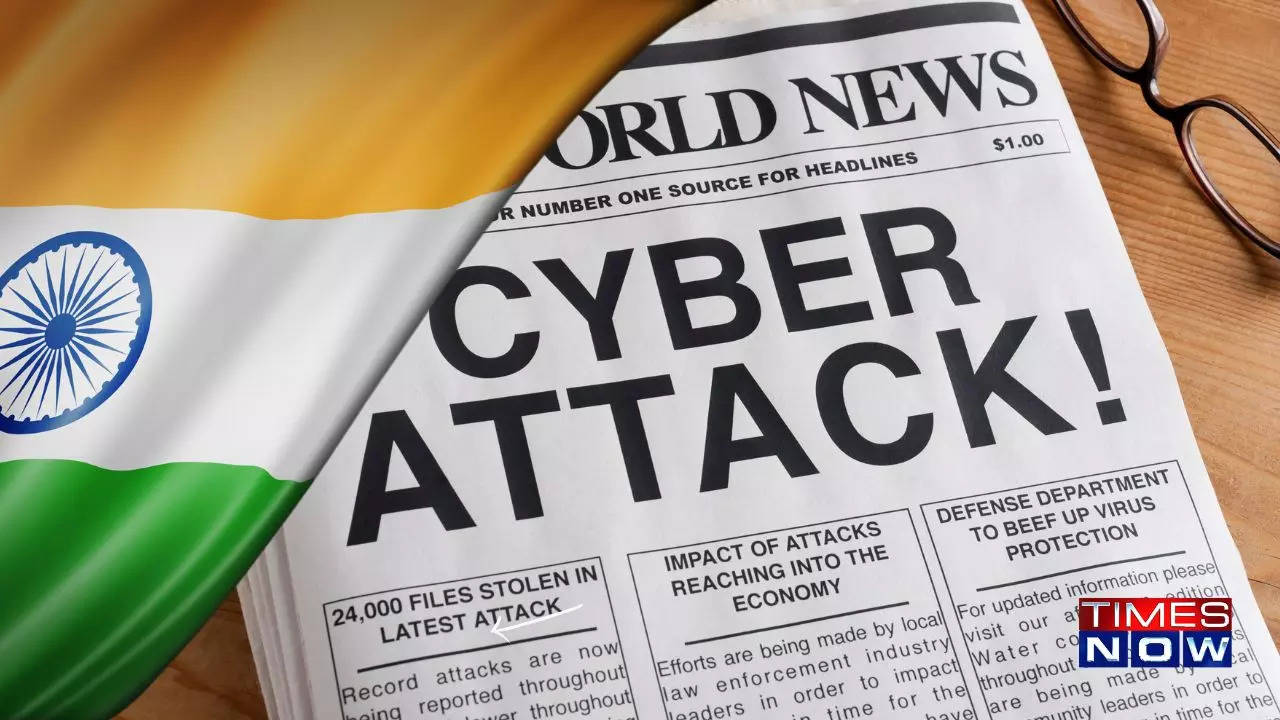Embassy of China in Canada Issues a Statement on U.S Cyber Espionage Campaigns Against Japan
I just came across to a statement issued by the Embassy of China in Canada on the U.S cyber espionage campaigns launched against Japan.
What’s so special about this statement? First it does quite Wikileaks which is a bit of an outdated approach including the actual source to shed more light into a bigger problem and issue for China that the press statement on the Web site of the Chinese Embassy in Canada mentions. In this specific case the statement implies the use of the so called “hunt-forward” missions which could really mean big trouble for China if the U.S somehow manages to secure a deal with a neighbouring country next to China which could really mean big trouble for China as the U.S will then attempt to establish the foundation for a successful cyber attacks and possibly information operations interception campaigns used managed and operated by China including its partners and allies where to ultimate goal would be to measure their true capabilities and set the foundation for a successful cyber situational awareness campaign in terms of cyber attacks and the true state of China’s true cyberspace operations and cyber attack capabilities including the capabilities of some of its neighbouring countries.
The so called Hunt Forward Operations also known as (HFOs) are an early warning system for cyber situational awareness that could improve the true state of the visibility of the actual country that’s doing these missions in this specific case the U.S could really learn a lot about new tactics and techniques courtesy of the attackers based in the specific country where it’s hosting its mission which could be really bad news for China in terms of having the U.S deploy hunt forward missions in its neighbouring countries where the U.S could really get a better picture of China’s understanding and actual applicability of basic cyber warfare principles and concepts in action including the “know-how” of its neighbouring countries.
Despite the fact that the U.S is willing to share its knowledge and understanding of cyber attacks “know-how” with the host country of a hunt forward mission it could also learn a lot about the cyber attacks that originate from the…



